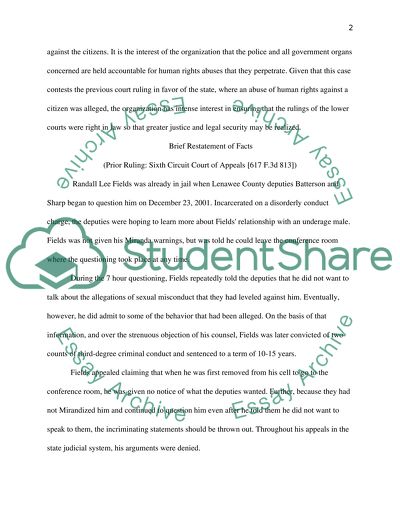Cite this document
(“Amicus (Friend of the Court) (3rd party) Brief for specified current Research Paper”, n.d.)
Retrieved from https://studentshare.org/family-consumer-science/1418095-amicus-friend-of-the-court
Retrieved from https://studentshare.org/family-consumer-science/1418095-amicus-friend-of-the-court
(Amicus (Friend of the Court) (3rd Party) Brief for Specified Current Research Paper)
https://studentshare.org/family-consumer-science/1418095-amicus-friend-of-the-court.
https://studentshare.org/family-consumer-science/1418095-amicus-friend-of-the-court.
“Amicus (Friend of the Court) (3rd Party) Brief for Specified Current Research Paper”, n.d. https://studentshare.org/family-consumer-science/1418095-amicus-friend-of-the-court.


